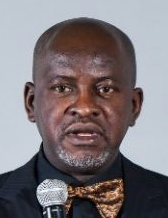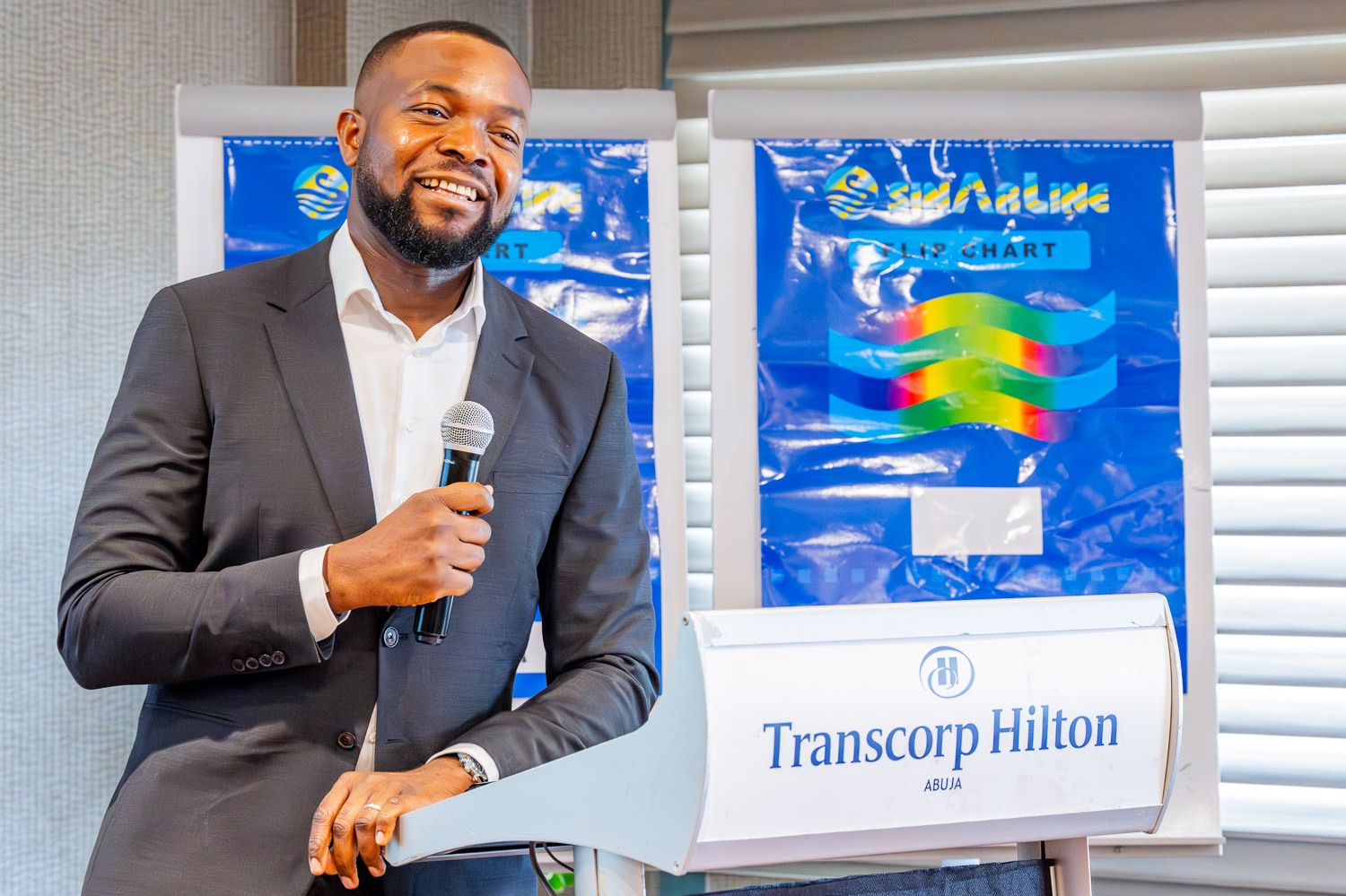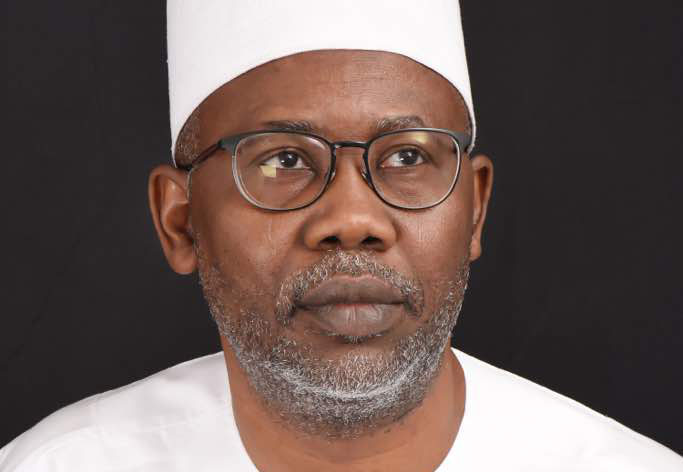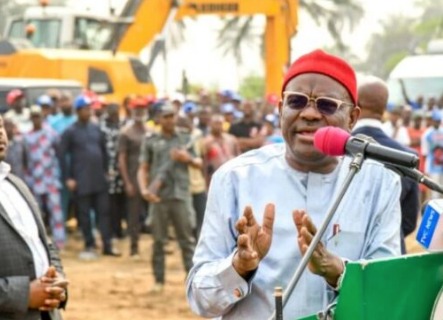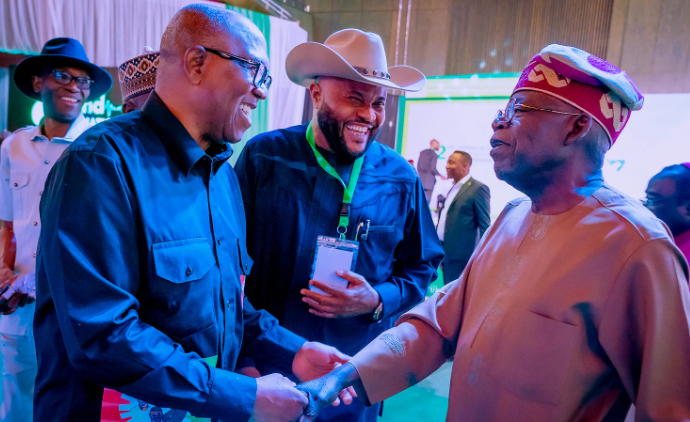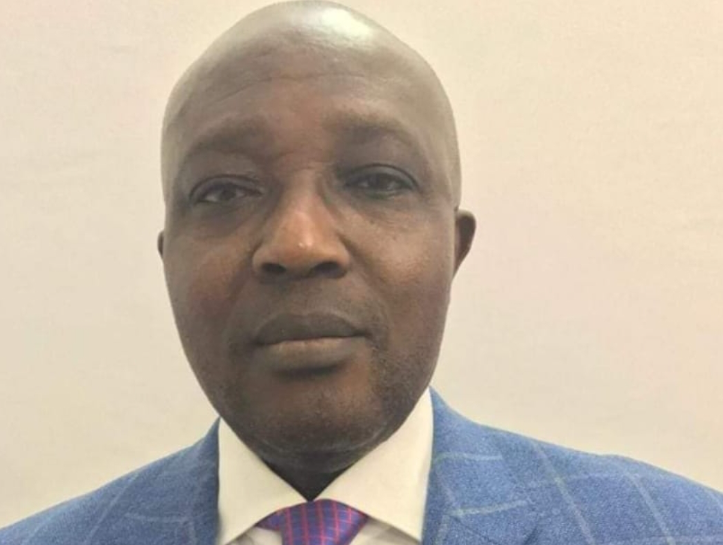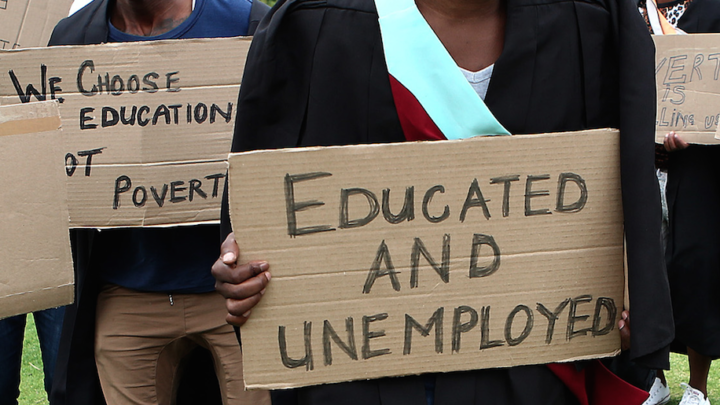Dr. Bosun ‘Kgosi’ Tijani’s appointment as Nigeria’s Minister for Communication, Innovation and Digital Economy has been roundly applauded at home and abroad. A man of worthy credentials and accomplishments, his transition from the modest ‘boss man’ of Africa’s technology space to senior public servant is a defining moment for man and country.
Tijani, 46, brings a wealth of relevant education, exposure and private sector experience to the top job. He will henceforth be assessed by how well (and how fast) he advances the nation’s technology infrastructure and digital economy.
Beyond his competence and ministerial disposition – which should be a boost to the positive perception of the Nigerian youth – he will be expected to exercise sapiential authority over a broad spectrum of key industries, comprising telecommunications, technology, information and internet service providers, broadcasting and digital publishing, courier and postal services, audio and video streaming, data management and e-government services.
His new national assignment will stretch his fortitude and exuberance. It will also sharpen his professional acumen and collaborative capabilities. Skillful and courageous engagement with entrenched stakeholders will be crucial to recording wins, as navigating through Nigeria’s public sector terrain is no walk in the park, especially in Abuja – which is a maze of walkways, parks and gardens, by the way. Abuja’s brand of politics and public service esprit de corps can make mincemeat of private sector experience and competence.
Advertisement
In his previous life as a technocrat, entrepreneur and techno-evangelist, private citizen Tijani championed the expansion of Nigeria’s (and Africa’s) technology industries, and spurred a culture of innovation, incubating and berthing over 1,100 startups across multiple sectors. He became arguably the nation’s top technology diplomat. His path to becoming Nigeria’s telecommunications, innovation and technology czar is a tale of grit, providence, purpose, perseverance and opportunity spiced with passion.
In 2011, co-founders Bosun Tijani, Femi Longe and Tunji Eleso established the Co-Creation Hub (CcHub). It was (is) a state-of-the-art space where startups could research, test and incubate their ideas, collaborating on resolving the nation’s most challenging problems. No idea or challenge was off limits – especially if it had to do with agriculture and food security, water and waste management, energy, education, health, transportation (or mobility), economic and financial inclusion. You only had to be interested in using technology.
As quick as a wink, CcHub became the leading garage in Lagos for social innovation, attracting social entrepreneurs, technologists, technology companies, government, impact investors and hackers. Hackathons were held almost every day. The trio’s lofty ideas had arrived just in time. Their technology inspired vision of accelerating high-tech business growth was getting fertilized in the milieu of the digital gold rush to Africa. The rise of Nigeria’s technology ecosystem had begun.
Advertisement
You could say global and local forces aligned to give wind to CcHub and other innovators. Tired of their manual and mechanical ways, and obviously tired of being in the digital doldrums at the dawn of the 4th and 5th industrial era, Nigerians desperately needed the next big thing after the mobile phone revolution of 2002. With government support and a glut of public interest and patronage, the likes of CcHub, iDEA Hub, MEST Incubator, NG-Hub by Facebook, LeadSpace, Wennovation Hub, Zonetech Park and a host of indigenous hubs began to flourish. Local banks and Big Tech were putting capital and capacity behind these innovation centers.
Looking for greenfield opportunities abroad in the aftermath of the 2008 global financial crisis, international technology firms and fund managers began to readjust their risk appetite for Africa’s fragile and fast-growing economies. The venture capital trek to Africa was on. The success of Kenya’s mobile money revolution with M-Pesa in the preceding years further helped to funnel in global attention. With Egypt, Kenya, Mauritius, Nigeria and South Africa getting the lion share of Africa’s global technology investments in the ensuing years, 2010 to 2019 turned out to be a decade of growth for the continent’s information communication technology (ICT) industries.
Over time, CcHub and the spirit of the ecosystem gave birth to BudgIT, Wecyclers, Lifebank, GoMyWay, Vacantboards and Autobox, just to list a few. In 2015, Nigeria’s first social innovation fund for startups, CcHub’s N1 billion Growth Capital Fund, was launched in partnership with the Bank of Industry (BOI), Venture Garden Group and Omidyar Network. To date, while the fund has invested in LifeBank, Riby Finance, Delivery Science, and Edves, CcHub’s portfolio companies have created more than 7,300 direct and 35,000 indirect jobs.
Success at home has led to viable ventures and alliances across the sub-Sahara and beyond, including hosting global technology titans notably, Mark Zuckerberg of Facebook/Meta who visited in 2016, Jack Dorsey, ex-Twitter CEO in 2019 and recently when he moderated a public conversation with Bill Gates, Microsoft co-founder and co-chair of the Bill & Melinda Gates Foundation, during the 2023 Pan-African Youth Innovation Forum.
Advertisement
A 2023 report by the think tank Briter Bridges estimates that Africa’s innovation space soaked in over $21 billion of global venture capital over the last 15 years. Nigerian startups attracted 25% of the $1.3 billion funding to African tech start-ups in 2021. National Bureau of Statistics data shows that the ICT sector contributed a significant 17.5% to national gross domestic product (GDP) in the first quarter of 2023.
Nigerians now expect Dr. Tijani to reproduce the creative mindset, magic and momentum of these impressive career and industry highlights for the commonwealth of their country. His tenure and policymaking are likely to be shaped by modicums of youthful haste and his vision of transforming the country into a society driven by data and the Internet of Things (IoT). He will be expected, amongst other things, to bring a sense of harmony to the telecommunication, innovation and digital economy landscape, faxing the fractious ties between fintechs, financial institutions and the telecommunications sector.
In his second week as minister, he published an 867-word white paper entitled, “Co-creating a National Artificial Intelligence Strategy for Nigeria”, outlining the methodology of his ministry’s collaborative agenda for AI governance in the country.
Will he promote this “open government” “community conversation” approach to address the sustainable economic development goals of digital inclusion, quality of service and network readiness issues on our phone networks?
Advertisement
How will he midwife the rebirth of the technology and telecommunication sector, strengthening infrastructure and connectivity and stimulating increased employment even as operators contend with excruciating economic realities i.e., access to affordable capital and foreign exchange losses, rising energy costs, rising manpower deficits et al.?
Should we expect to see smarter government policies and revised blueprints on e-governance and inter-ministerial collaboration, data protection and cybersecurity and transforming the agencies under him into efficient public institutions? Only time will tell.
Advertisement
Personally, I would love to see increased government and private sector investments in education, using digital tools to spur open access to data, innovation and knowledge for our primary, secondary, tertiary and vocational education system.
Advertisement
Views expressed by contributors are strictly personal and not of TheCable.
Add a comment
